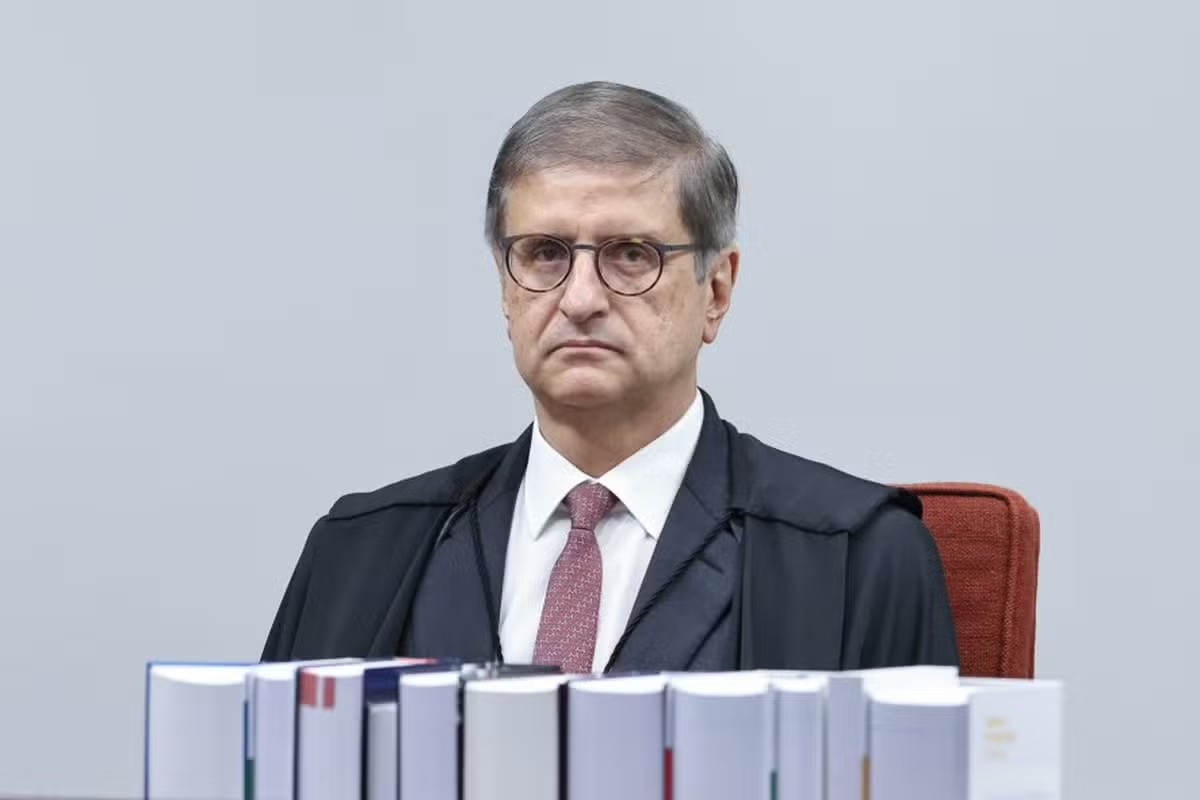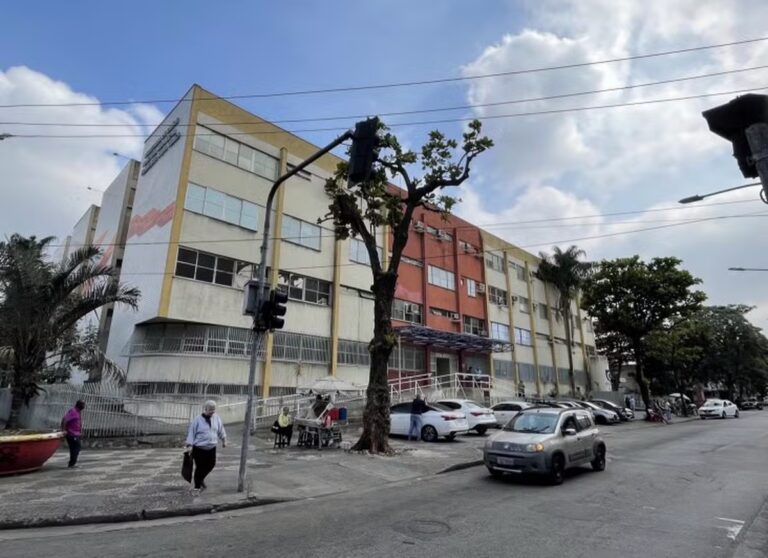
During a hearing to analyze his reappointment to the post, Attorney General Paulo Gone answered a series of questions from senators on sensitive topics, including the impeachment of Supreme Court of the Union (STF) ministers, the PGR’s position on amnesty for those convicted on January 8, and his alleged closeness to Minister Alexandre de Moraes. Mr. Gone also worked on investigations into corruption at the INSS, dosimetry of penalties for acts of coup d’état, and the work of the public prosecutor’s office in the fight against organized crime.
In his response, the prosecutor adopted an institutional tone, repeating his speech that he conducts his work in a “strictly professional and non-partisan” manner and that the Attorney General’s Office “does not interfere with the decisions of the National Assembly.” He stressed that his legal pronouncements were in accordance with constitutional standards, defended respect for the separation of powers, and said the public ministry must “stay clear of political interference.”
Impeachment of STF ministers
Speaking about the impeachment of Supreme Court ministers, Gone reaffirmed that the Attorney General’s Office is not seeking to limit the powers of Congress. He said the opinion issued by the PGR was a “technical statement, not a decision” and that the body only distinguishes between directly elected authorities by popular vote from judicial members who perform technical functions.
–I have never said that the Chief Justice of the Supreme Court cannot be impeached. What happened was an opinion rather than a decision based on a systematic interpretation of the Constitution. He said it was never claimed that impeachment was no longer a possibility.
Relationship between amnesty and the National Assembly
The Attorney General reiterated that the PGR considers it unconstitutional to pardon crimes against the democratic rule of law, but stressed that Parliament has the prerogative to decide on this issue.
—This depends on the decision taken by Congress. He said he has no doubts about Congress’ ability to speak on pardons, but understands there will be controversy surrounding it from a legal perspective.
He stressed that his comments on this topic were merely a legal analysis within the process and were not an attempt to interfere with parliamentary decisions.
— I will not interfere with the decisions taken by the National Assembly. No technical notes have ever been provided by the Attorney General of the Republic on the subject matter being debated in Congress. I have deliberately said that I am willing and unwilling to interfere with the broadest freedom of formation of the legal order provided for by Congress within the framework of the Constitution.
Consultation, MPF performance, and organizational independence
Gone stressed that all statements made by the prosecutor’s office were made in accordance with the law and in a calm manner without political motives. He said the PGR’s livery “does not have the colors of the party flag” and that respect for those under investigation is essential in the exercise of public office.
— Documents sent to the appropriate agencies will be inked with attorney’s office ink. These paints have no color and no party flag colors. He said these were the result of the most extensive and detailed assessment possible, carried out in the most calm and respectful manner for all concerned.
According to him, “respect for any person subject to state authority is essential to the dignity of office and the democratic rule of law.”
Relationship between Alexandre de Moraes and the STF
Prosecutors once again denied any collaboration with Minister Alexandre de Moraes and any interference by the Supreme Court in the activities of the Public Ministry. He said the communications between the Office of the Attorney General for Elections and the TSE Governor’s Office are administrative, not jurisdictional.
— There’s a lot of malice and ignorance in this episode. In the Brazilian electoral system, electoral courts exercise both administrative and jurisdictional functions. In government settings, it is natural to exchange information and receive data. There was nothing inappropriate in the relationship between the Office of the Attorney General of Elections and the president of the TSE, he declared.
Gone added that he “admires the qualifications, dedication and technical expertise” of the Supreme Court ministers, stressing that he acts “with full independence and respect for constitutional limits.”
Combating organized and transnational crime
In answering questions about public security, Mr. Gonet said that fighting organized crime and protecting young children are two priority goals of the Ministry of Public Safety.
— We have chosen two priority goals: combating criminal organizations and protecting young children. Protecting children also means fighting crime and removing their appeal to young people from factions, he said.
The prosecutor highlighted the creation of Gaeco Nacional, aimed at interstate and international cooperation, and mentioned PGR’s participation in Operation Hidden Carbon.
— Today’s relevant crimes are no longer street crimes. Criminal organizations are interstate and even international in nature. The Federal Ministry of Public Affairs must act whenever there is an international crisis or an aspect of the application of treaties. And he did this discreetly, without seeking media exposure, he said.
He stressed that PGR avoids publicizing ongoing investigations “to protect the publicity rights and presumption of innocence of those investigated.”
INSS incident and ongoing investigation
Regarding the investigation into misconduct at INSS, Gonet confirmed that the investigation is ongoing and said any application is provisional and may be reopened if new evidence emerges.
–An investigation is underway in secret. Also, any archives that occur are temporary. “If new evidence emerges, we can reopen.”
Penalties and agreements for acts of January 8th
Asked about the severity of sentences imposed on those convicted of the coup, Gone said a significant portion of decisions led to agreements on alternative sentences and non-criminal prosecutions.
— In almost a third of cases, the sentences were poor and converted to restrictive rights. In another significant number of cases, there were agreements not to prosecute. The Ministry of Public Affairs condemns the fact that the National Assembly understands that this should be punished as a crime. It is up to the judiciary to judge.”
He stressed that if there is an understanding in Congress of possible overreach, Congress must conduct its own review.



